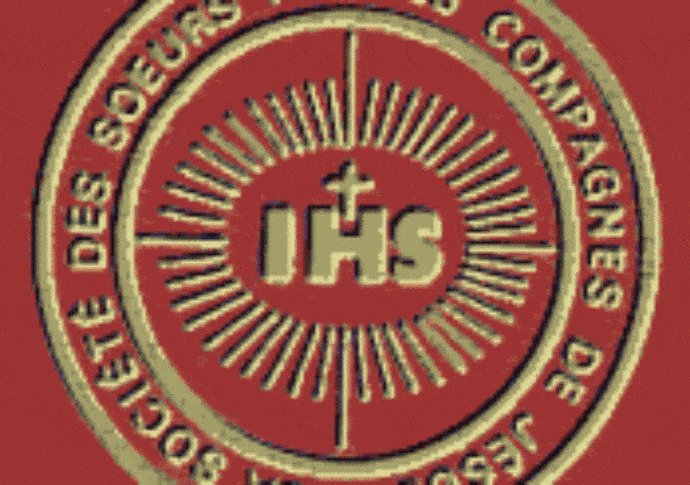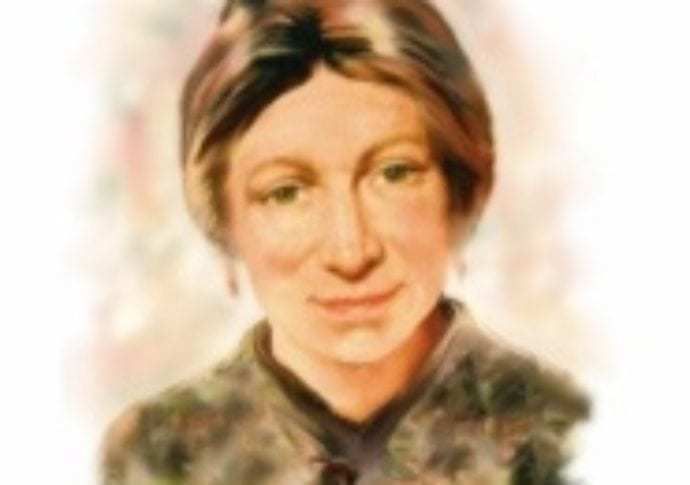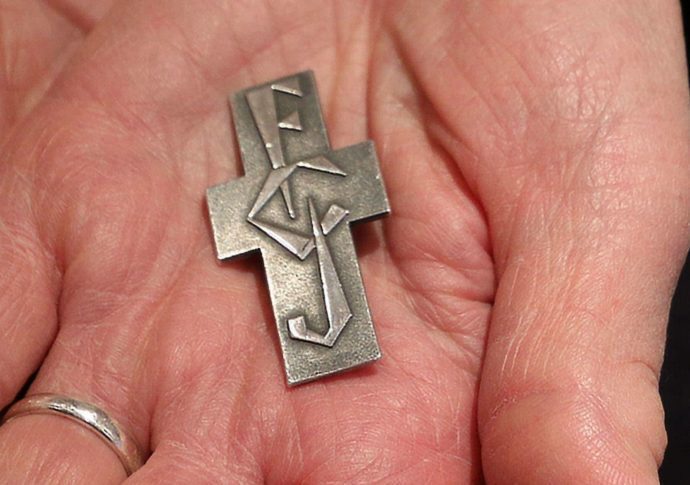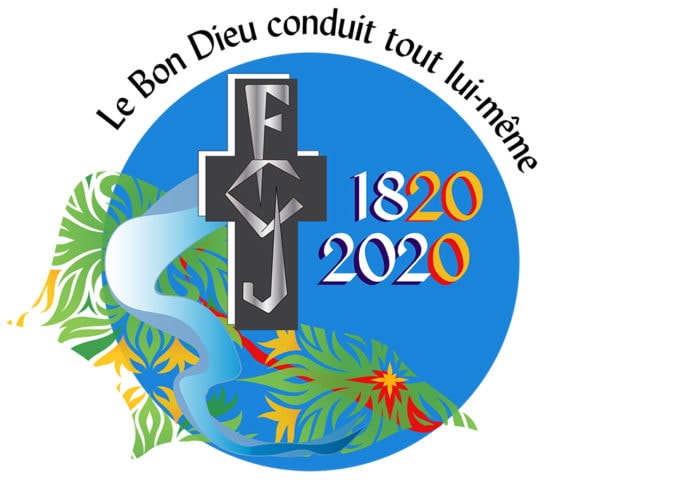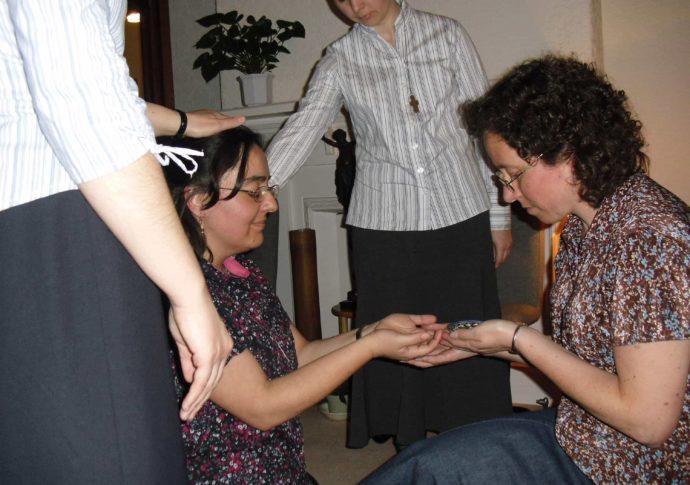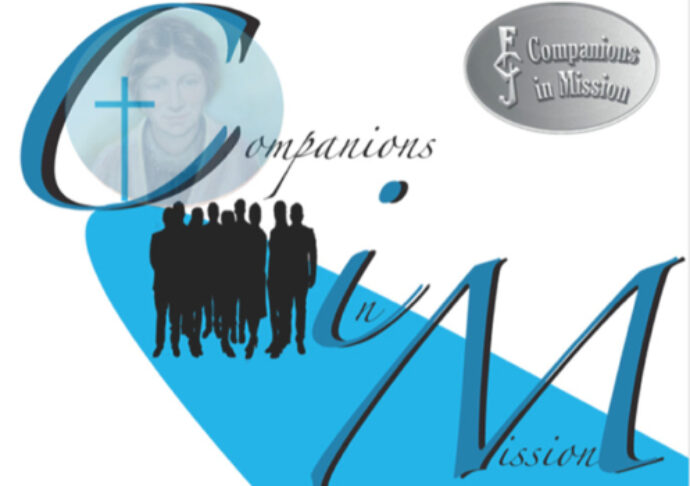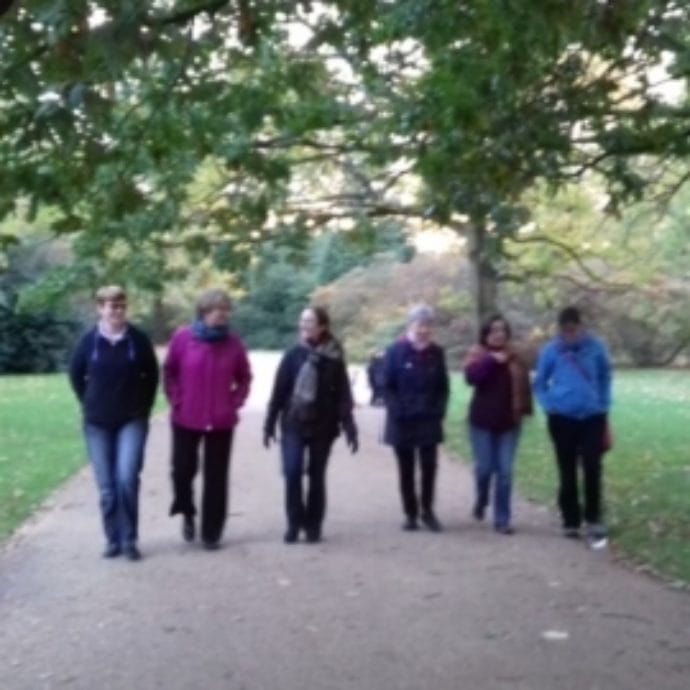A reflection by Teresa White, fcJ for Pentecost 2022, to appear in Church Times
The Holy Spirit is the poetry and music of God. Small wonder, then, that for the feast of Pentecost, the Christian tradition offers a magnificent variety of verse and song, new and old, ancient and modern, declaring that the Spirit, the breath of God, is blowing through our world, our universe. In beautiful, insightful poems, in serene or stirring melodies, generation after generation of poets and musicians have been inspired to celebrate in poetry and music the indwelling presence of the Spirit in the whole of creation. Music speaks without words, and poetry, the ‘finger of God’s right hand’, points to its message for the present time. Inaudible, invisible, intangible, the Spirit’s creative power and art calls us to see that ‘God is love, and anyone who lives in love lives in God and God lives in him’ (I John 4:16). Where love and goodness and truth are neglected or destroyed, the world is impoverished and God is dishonoured. The Spirit, the poetry of God, teaches God’s people to cherish beauty in all its forms, and widens the circle of love.
Interestingly, in everyday conversation, whether or not we are people of faith, we take for granted the role of the Spirit in our lives, and we show this by the very words we use to describe our most soulful experiences. When we stand in awe before a work of art, or admire the effortless grace of a dancer; when we listen to beautiful music or read a poem that touches us deeply; when we take delight in the beauty of the earth, we spontaneously use words such as ‘breath-taking’, ‘awe-inspiring’, even ‘mind-blowing’ or ‘out of this world’. And we talk of the ‘wind of change’ when we become aware of signs of transformation and renewal in the way we conduct affairs in our home town, our country, or in the wider human community. When we take a deep breath or impart ‘the kiss of life’, it is the Spirit of God who revives and restores us…
In Latin, the word ‘spiritus’ denotes both ‘breath’, and ‘wind’, and both are unforeseeable, undivinable. Jesus, in his conversation with Nicodemus, refers to this unpredictability: “You know well enough how the wind blows this way and that. You hear it rustling through the trees, but you have no idea where it comes from or where it’s headed next. That’s the way it is with everyone ‘born from above’ by the wind of God, the Spirit of God.”[1] The wind does not blow in the same direction all the time, nor does it usually linger. The same is true of physical breath, the force that sustains life: we can hold our breath, but not for ever! So, we need to respond in the moment, allowing the wind, the breath of the Spirit, to blow through our lives, pulling us out of the worry and dread of the present, encouraging us to sing again, animating us to seek new horizons, stirring us to prayer and action.
When the Spirit hovers over the chaos that surrounds us, the breath becomes a tempestuous wind, a wind from heaven that challenges and confronts, upsets our old ideas and impels us to take another path, a new direction. Where there is chaos and fear, change is needed.
The Spirit opens the windows of minds that shrink from too much reality, touches hearts that are closed to God’s healing presence, opens eyes blind to earth’s surprises. Paul tells us that the Spirit helps us in our weakness, gives us the confidence to move on in hard times, to begin afresh.
Our recognition of the ‘person’ of the Spirit of God finds its richest verbal articulation in poetry, and poetry delights in signs and symbols. The Spirit is a powerful wind, gusting through the Christian community today, just as it did at the first Pentecost. This wind from heaven is unstoppable: it drives us on, carries us forward. In good times and bad, the Spirit influences the unfolding of the future, enabling us to look at reality not with passive resignation, but with an active hope. We ask the Spirit of God to come into our lives, to re-create the face of the earth.
Fire is one of the clearest biblical images of the Spirit: a flame that lights up the world, that chases shadows away. In the radiance of this light, we find ourselves able to discern moments of blessing, even when we are surrounded by sorrow, and to discover seeds of hope, even when we are on the edge of despair. We ask the Spirit of God to lighten our darkness, and reveal to us the daily miracles of creation.
The Spirit is also represented as a spring of living water, a river that cleanses and refreshes as it flows through our broken world. Rippling waves echo the Spirit’s song, calling us to take risks, to be ready to sail into the unknown. Perhaps we sometimes feel as if our little boat is drifting in the dark. Are we lost in the night, clinging to half-hopes of finding our way? Suddenly a strong wind fills the sails, and unlooked-for courage gives us strength to continue. So, we sail on, asking the Spirit to lead us and guide us.
Music is a reaching out of the soul to God, and the Spirit is both singer and song. The singer’s voice proclaims good news to God’s people: in everything that happens to us there is a sacred potential, for we are held in God’s loving hands. Sometimes the voice challenges and disturbs us, pulls us away from the lifeless things of the past, calls us to ‘harness for God the energies of love’ (Teilhard de Chardin).
In our violent, destructive and unjust world, in our political conflicts and personal quarrels, peace is a gift that we long for. The Dove is the precious symbol of the peace that the Spirit brings, a peace that binds us together, sets us free, encourages us to trust in tomorrow. We ask the Spirit to show us how to pull down the walls of hatred we have built and to live together in love, peace, and justice on the earth that is our common home.
As Pentecost approaches, it is good to reflect that the Holy Spirit, the poetry of God, expands the soul and reminds it of its spiritual cravings and needs. When things look bleak, when we feel miserable and anxious, the Spirit of God stirs the energy of joy in us. When we are restless, troubled or burned-out, the Spirit deepens in us the energy of peace. As we struggle to act justly, love tenderly and walk humbly in God’s presence, the Spirit strengthens in us the energy of goodness. When a thoughtful word or gesture could take the sting out of hurtful gossip, the Spirit creates in us the energy of kindness. When we treat others harshly, and when we mis-use the things of God’s creation, the Spirit restores us with the energy of gentleness.
Come, Holy Spirit, fill the hearts of your faithful, and light up in them the fire of your love… and you will renew the face of the earth.
[1] John 3: 8 – translation Peterson, ‘The Message’
This reflection by Teresa White, fcJ will appear on Church Times in June 2022. Sr Teresa a former teacher, she spent many years in the ministry of spirituality at Katherine House, an FCJ retreat and conference centre in Salford, UK. Her book Hope and the Nearness of God: The Lent Book 2022, was recently published by Bloomsbury.
Read more of Sr Teresa’s contributions in our website, in Thinking Faith. and in Church Times.



